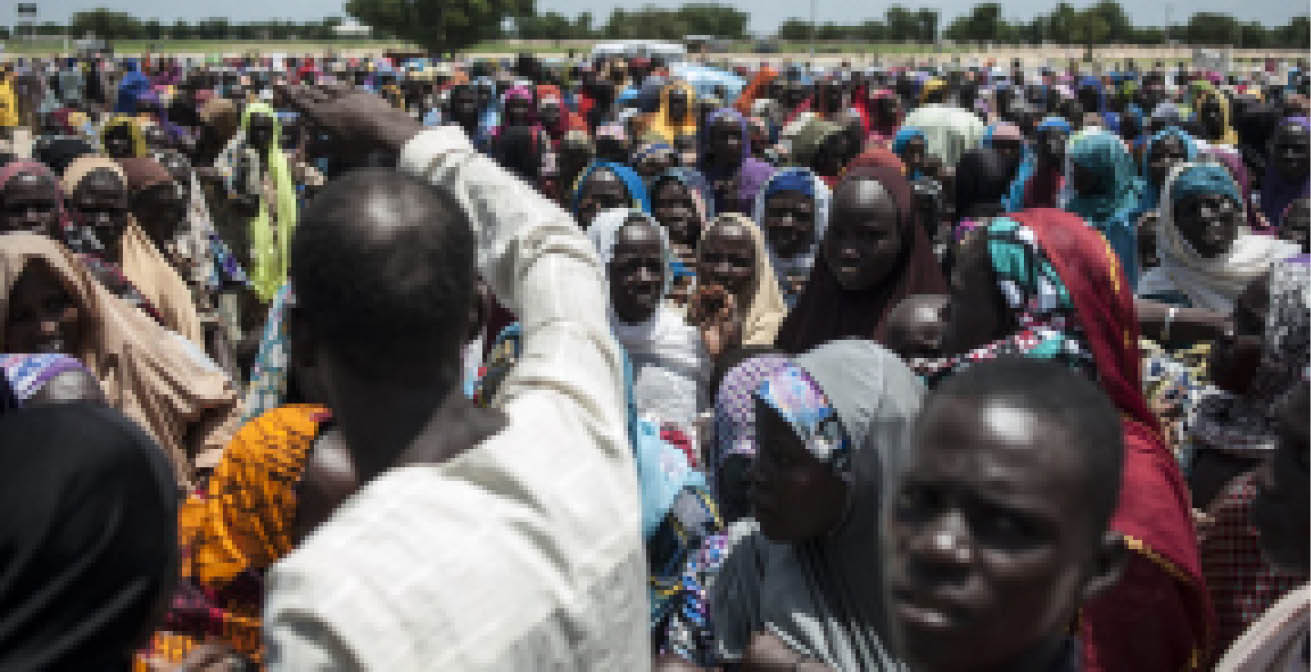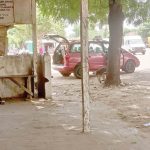The Borno State government recently announced its plan to close down all IDP camps by the end 2021, following the return of peace to many areas occupied by the Boko Haram insurgents. Governor Babagana Zulum, at the Bakassi camp, informed IDPs that it will be shut down, and they would be given assistance to relocate. It warmed my heart to read that, and I’m quite sure the governor will honour his promises being the kind of person he has shown himself to be.
But I still can’t forget the fact that that camp houses displaced families – individuals numbering about 9,845 – from Marte, Gwoza, Monguno and Guzamala LGAs, because their hometowns are ghost towns now, much of everything there completely destroyed by insurgents, and the elements. I expect the ‘assistance’ inferred by Zulum to mean homes, schools and other structural necessities that are required for a return home, as loose as the word ‘home’ is in these circumstances.
- FG saved N30bn from IT clearance policy – NITDA
- US Secretary of State to visit Nigeria, Kenya, Senegal next week
In a newspaper report, the women leader of the IDPs from Gwoza, Hauwa Amadu, welcomed the government’s decision (as if any one of them could disagree with Zulum, since he has shown sincerity not typical to politicians). But she quickly noted that it would only be successful if there is adequate accommodation and security. She dropped a nightmare anecdote about a displaced man who died some years ago, and left behind three wives and 30 children who are still struggling to survive in the camp.
While cold numbers tend to make us forget that it is human beings we are talking about, it is important to note the following, provided by a senior officer of the National Emergency Management Agency, that there’s a total of 245 functional IDP camps in Borno State, made up of 190,591 households, which consist of 831,321 individuals. Deeply disturbing figures, if you ask me. I also for a moment cast my thoughts to the IDP camps in Abuja, Kaduna, and some other places, all housing people fleeing from Boko Haram’s animalistic violence.
I don’t have figures for those non-Borno IDP camps, but I have visited one in Abuja (a little more on that later). As for the other camps in other states, I have heard that there are many displaced people there, mostly surviving on the goodwill of fellow Nigerians, which is gradually depleting due to the general hardship caused by the current state of the economy.
Now, I have earlier mentioned Zulum in terms some might describe as ‘glowing’ even if true, so in order to balance things out I think it’s only fair that I point out the far end of the spectrum of politicians and discuss the worst kind there can be. You know, the politician who uses tragedy and its victims for sport. In Benue State, that beautiful land of fertile soil and hard-working people, Governor Gabriel Ortom continues to play politics with the IDPs he is supposed to be helping.
Benue’s IDPs are in their current situation due to attacks by marauders said to be Fulani, even though others have been caught pants-down attacking innocent people. Instead of trying to solve that problem by securing the villagers and villagers who have been chased out of their homes, the governor only runs to the hungry-for-headlines media to stir up sentiment. Now, stirring up sentiment can be a useful, if done in a way that achieves results. But no, Ortom’s approach does nothing but land him the wildfire-like press he seems to hunger for.
Forgive my digression, and let me go back to the IDPs of Benue: I think it is high time they also received as much Federal Government attention as Borno’s. This is because those in Borno have a listener, while Benue’s have practically no-one fighting for them. If you’re reading this, chances are that you are not hungry or homeless, so imagine for just a minute that you are, and let the weight of that thought sink in, while I share the experience of a few friends and I, when we went to an Abuja IDP camp to drop off bags of rice gathered by a group concerned Nigerians.
Of course I walked around the camp. While I’d rather not discuss the living conditions, I can’t help but share my encounter with a lovely but tired-looking old lady, who gave her name as Hajja, a heartbreaking picture of sadness when she spoke: “When Boko Haram attacked us, killed our sons and took our daughters, we were devastated. It was like we were dead, even if we remained alive. But the way our fellow Nigerians have been treating us since we got here, it is like we aren’t human beings.”
Needless to say, Nigerians are among some of the most hospitable and emphatic in the world, but paradoxically could easily be among the meanest and cruelest. Just add a pinch of religious bigotry or a spoonful of ethnic bias into the pot, and boom, your average citizen becomes a staunch vessel for irrational hatred. As I close this piece, I remember (not that I ever forgot) more of Hajja’s words: “I’m alive, so I can’t claim to know how death feels. But anytime I’m looked down upon or treated like garbage by those who haven’t felt even a drop of what I’ve gone through, it makes me feel dead.”

 Join Daily Trust WhatsApp Community For Quick Access To News and Happenings Around You.
Join Daily Trust WhatsApp Community For Quick Access To News and Happenings Around You.


